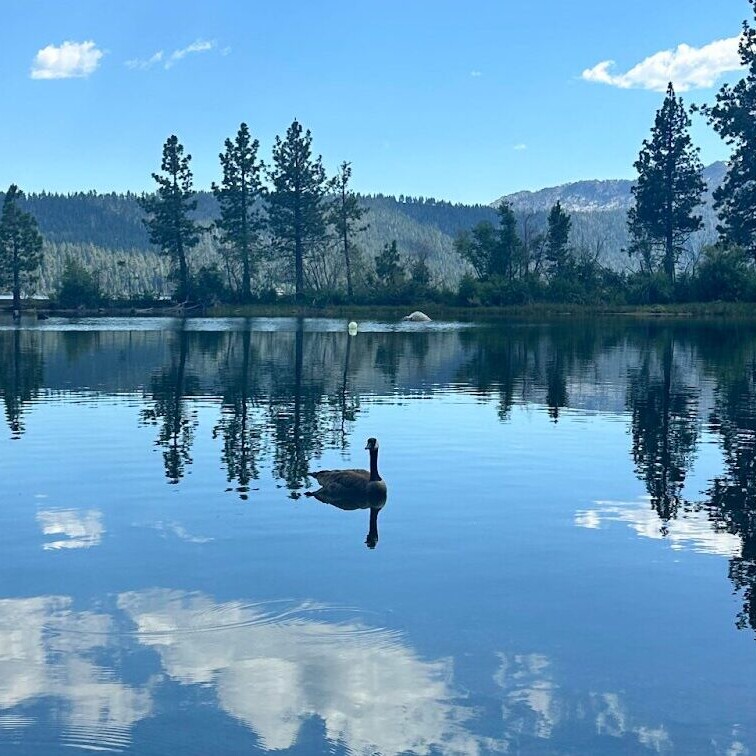by Curtis Ogden
“Some live by love thy neighbor as thyself,
others by first do no harm or take no more
than you need. What if the mightiest word is love?
Love beyond marital, filial, national,
love that casts a widening pool of light,
love with no need to pre-empt grievance.
In today’s sharp sparkle, this [season’s] air,
any thing can be made, any sentence begun.
On the brink, on the brim, on the cusp,
praise song for walking forward in that light.”From “Praise Song for the Day” by Elizabeth Alexander
As we help support the weaving of various kinds and scales of networks with focus on different social and environmental issues, one refrain we continue to hear at IISC from those who are at the core of these efforts is that they need more resources and they want more resource providers to understand the power and importance of investing in networks. So, why invest in networks and network weaving now? Here are five essential reasons:
- Because We Are Networks. We literally live and breathe because of the many networks we are a part of. “Nobody but nobody makes it out here alone,” Maya Angelou wrote. Social-ecological connectedness and exchange are a baseline determinant of health and wellbeing of all kinds – from our bodies/minds/spirits to our families/neighborhoods/communities to local/regional economies. Think in terms of the mycelial networks that are essential (and until recently, very much under-appreciated) for their contribution to soil health, which translates into nourishment of various kinds for humans and other species. If we do not tend to this foundation, we will see all of our hopes for anything better blow away like so much dust in the wind.
- Because Imagination Thrives Through Connection and Exchange. Our overall consciousness and ability to imagine the better is strengthened through warm relationship and generous sharing. To support this, we must invest in convening, different avenues for ongoing communication and grounding our individual and collective nervous systems in a state of relative regulation. These are the key conditions that allow humans to do what we have done for eons: pool information, share understanding, and iterate our way forward through cooperative learning (do, reflect, redo).
- Because Our Economies and Ecologies Are Failing Without Them. We need new patterns of connection and flow to ensure equitable wellbeing for all parts of the collective human body and our more-than-human kin. As Dr. Sally J. Goerner writes, “We should care about [growing] inequality because history shows that … concentration of wealth at the top, and too much stagnation everywhere else indicate an economy nearing collapse.” Furthermore, extractive economics that ignore impacts on ecosystems and other species will continue to harm and ultimately kill the host (our Mother) that sustains us all.
- Because Movements Are Calling for Them. From frontline movements for human rights, social/climate justice, and Indigenous sovereignty, we’re hearing that there is an ethical imperative to invest in distributed leadership development and right relationship that counters the cult of hyper-individualism, competition, and “doing for and to.” And there is a recognized need among movement leaders to build broad-based solidarity through these trust-bound connections to confront the common enemy of humanity – sociopathic/ecocidal greed and self-serving power.
- Because the Future Depends on It. Resilience is no static goal; it is a dance of evolution, reweaving, and collective learning. There is a need to invest in the evolution and reweaving of – and between – truly inclusive democratic institutions that can serve as the anchors for regenerative development, collective learning, and adaptation going forward. Funding network-weaving positions to support these vital processes isn’t just smart, it’s visionary.
There are other reasons that we might add to this list, but honestly, if these five do not grab the hearts and minds of funders/investors, that would seem to further illustrate the plague of disconnection and dissociation that has infected so many of us. Resistance and protest because of concerns about “return on investment” (ROI) is simply short-sighted and narrow in its understanding of system dynamics and the new science of sustainability. What this “energy system and flow network science” tells us is that:
- Long-term prosperity is primarily a function of healthy human and more-than-human webs.
- The stories we tell ourselves about how the world works are one of our greatest survival tools – so let’s get that (network) narrative right!
- The next phase of human evolution is largely based upon our ability and willingness to both learn and reorganize ourselves with more diversity, intricacy, collaborative coherence, robust sharing, and greater resulting collective intelligence.
If you want to step into this light with us, join our upcoming webinar:
“Light Work for Heavy Times: Networks as Fuel for Long-Term Collective Wellbeing” on July 15th from 1:00-3:00 pm EST. Register here.


Curtis Ogden
Much of Curtis Ogden’s work with IISC entails consulting with multi-interest-holder networks and complex intra-organizational change efforts to ultimately strengthen and transform food, public health, education, and economic development systems at local, state, regional, and national levels. He has worked with these efforts to launch and evolve through various stages of development.
originally published at Interaction Institute for Social Change

Network Weaver is dedicated to offering free content to all – in support of equity, justice and transformation for all.
We appreciate your support!



